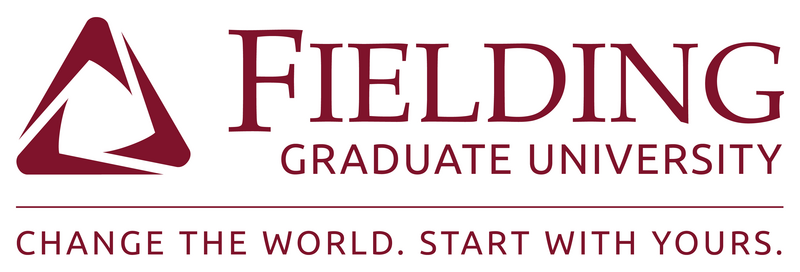ATD Blog
3 Ways to Be a Great Client When Working With a Coach
Fri Sep 02 2022

Life is packed with many new challenges that can feel insurmountable, daunting, and lonely in our physical or virtual spaces. As humans navigate emerging complexities within their personal and professional world, working with a coach can be beneficial in multiple ways. The International Coaching Federation (ICF) defines coaching as:
Partnering with clients in a thought-provoking and creative process that inspires them to maximize their personal and professional potential. The process of coaching often unlocks previously untapped sources of imagination, productivity, and leadership. We all have goals we want to reach, challenges we’re striving to overcome, and times when we feel stuck. Partnering with a coach can change your life, setting you on a path to greater personal and professional fulfillment (ICF, the Gold Standard in Coaching).
When coaching gained momentum in the 1990s, it was primarily available to those in executive roles; however, access has shifted over the past twenty years. Now, all levels of professionals are benefiting from this valuable resource. Regardless of position, individuals choose to work with a coach for a variety of reasons, which may include:
Recovering from a professional setback
Preparing for a promotional opportunity
Feeling stuck or unmotivated
Choosing amongst multiple possibilities
Managing volatility, uncertainty, complexity, and ambiguity (VUCA)
Working with a professionally educated coach is different than any work you might do with a therapist, mentor, or consultant. Due to the unique nature of coaching, you may not know how to be in a coach-client engagement and may struggle to get value out of this vital relationship. If you’re considering working with a coach, or perhaps working with a coach again, there are three fundamental ways to be a great client:
1. Be ready to tell your story.
Go beyond just your resume and what got you to the current conversation. A professional coach wants to understand what is important to you and what you think, feel, or believe. It requires sharing from the heart. For those who are slightly guarded, ask yourself, “How often do I get to speak uninterrupted? When was the last time I got to talk about myself to a person who held no judgment?” A good client will take full advantage of this opportunity with each coaching session because it is within our own story that we hear ourselves say things that need to be named. Once spoken, new awareness can surprisingly emerge. With insight comes options that your coach can help you explore.
2. Be ready to reflect.
Your coach will ask you hard questions that go beyond providing mere context or easy answers. Clients need to allow themselves to be challenged with not knowing how to respond and then to sit with the ambiguity. A good coach will repeat statements that they notice you say, and when you hear it back, it may not be comfortable. It is within this discomfort that growth occurs. Allow yourself to be in these moments even when it is not easy—this is your work as a client. Coaches are not paid to have friendly conversations with you; they are there to help you develop.
3. Come to each session with an objective.
A coach will meet each client where they are and take the journey from that place forward. It is not up to your coach to advise you where to go or what to do. Think of your coach in the passenger seat. The client drives or sometimes sits idle. The coach will not grab the wheel. They may suggest some turns or speed, but it is always up to the client to decide the pace and destination. Clients gain the most from coaching when they come to each coaching session with topics for discussion, objectives to work through, or issues they want to unpack. The coach is a thought partner who encourages discovery and self-awareness.
When you’re ready to share your story, have reflective conversations, and come to each session with specific objectives—growth is inevitable!
Interested in coaching? Join the Coaching Community of Practice group by signing up here: EvidenceBased Coaching Certificate - Fielding Graduate University.

